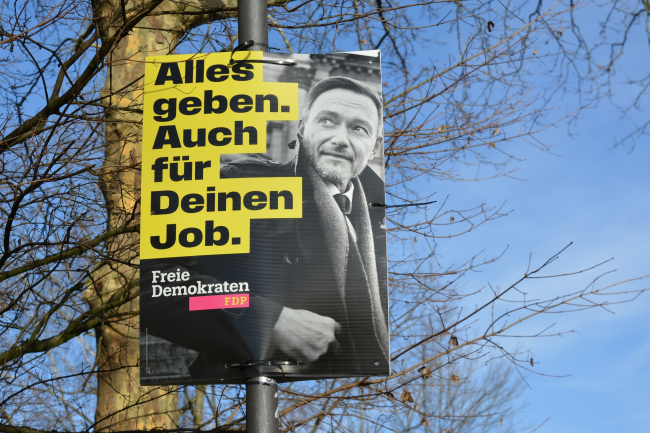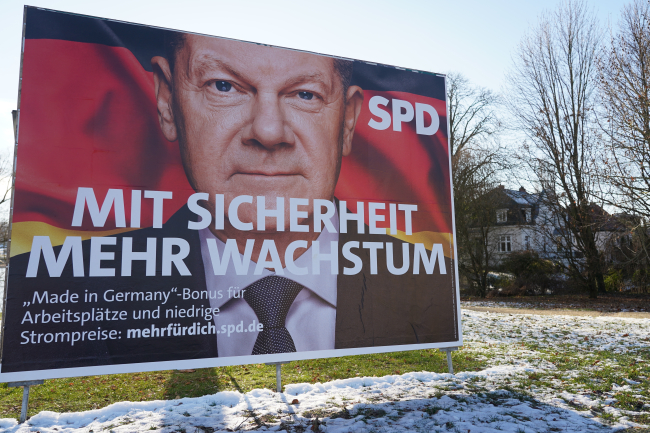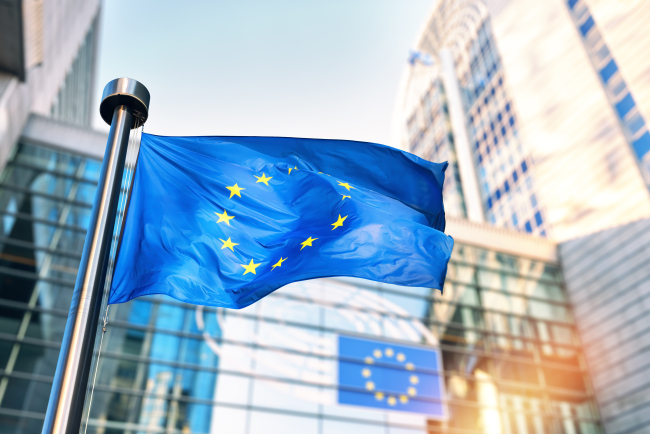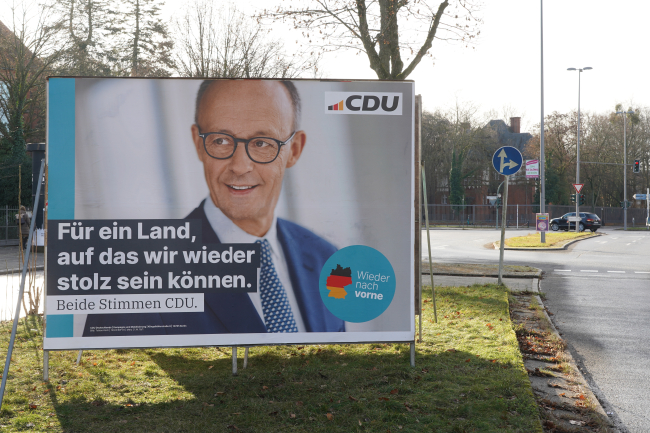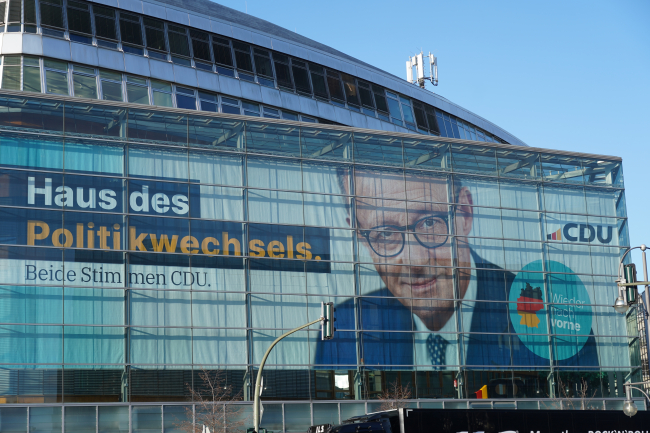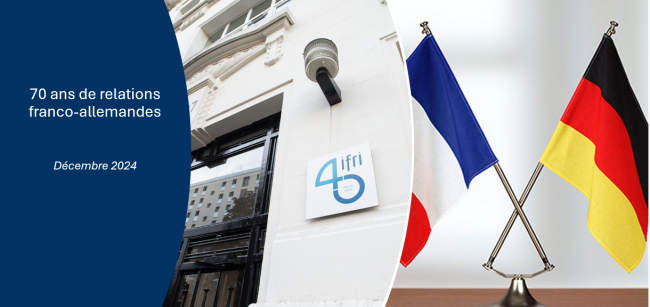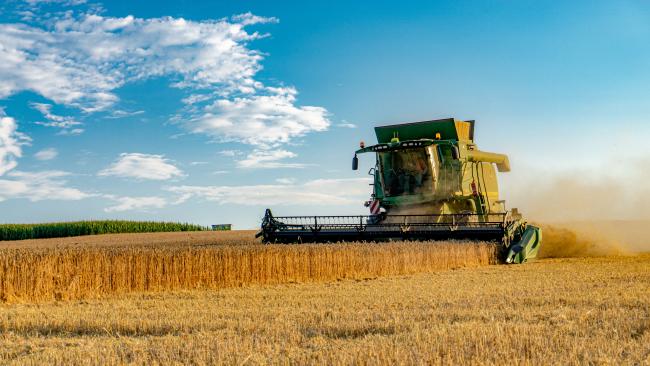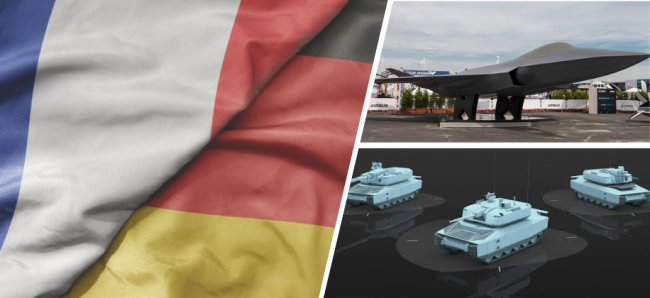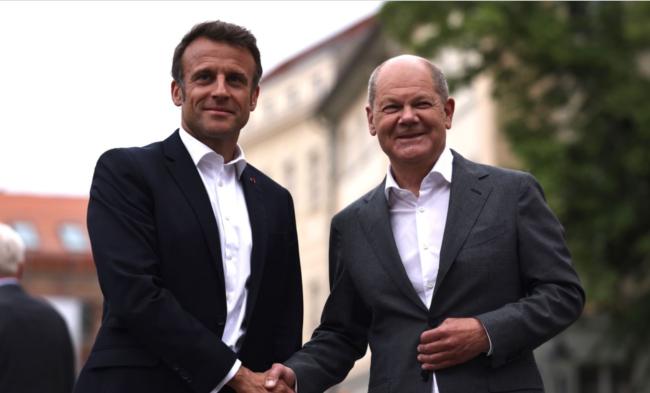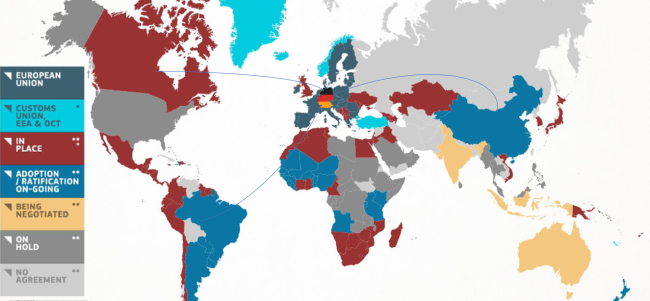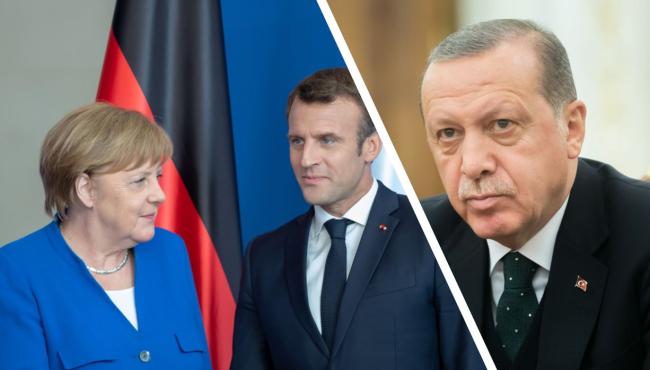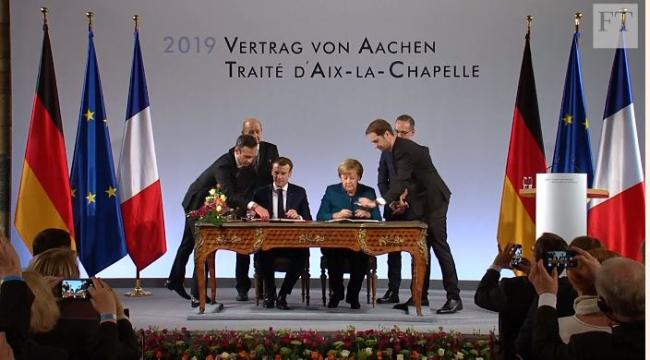German Foreign Policy
Faced with a fragmentation of the established order and an increasing number of crises, Germany is tending to reassess its position in a changing world.
The Liberal Democrats in the German Federal Elections: A Party Fighting for Survival
The Free Democratic Party FDP, in great difficulty ahead of the early elections in 2025, is trying to recover after the collapse of the coalition with the Social Democratic Party of Germany (SPD) and the Greens. Its wavering position between government and opposition has undermined its credibility, and it is struggling to surpass the 5% threshold.
The SPD in the Run-Up to the 2025 General Election: from Chancellor's Party to Junior Coalition Partner?
The 20th legislative period (2021-2024) came to an abrupt end in the Federal Republic, following the dismissal of Finance Minister and Vice-Chancellor of the Liberal Democratic Party FDP, Christian Lindner, by Chancellor Olaf Scholz, due to deep political disagreements, in November 2024.
Taking the Pulse: Has Political Deadlock in Member States Become a Strategic Problem for the EU?
At a pivotal moment for the EU, several of its member states are experiencing domestic political and economic crises. Is this hindering collective EU action in response to the challenges posed by Russia, China, and Trump’s administration?
The CDU in the 2025 Elections: A Road to the Chancellery, Paved with Challenges
After a legislative session in the opposition, the Christian Democratic Union/Christian Social Union (CDU-CSU) looks set to win the snap elections in February 2025. It is very likely that the country’s future chancellor will be Friedrich Merz.
Germany in the Electoral Campaign to the Early Elections on February 23 - The Challenges of a high-risk Voting
One month before the early Federal Elections in Germany, which will take place on February 23, 2025, after the "Traffic light coalition" imploded on November 6, 2024, the political landscape in Germany appears to be relatively stable despite the rise of the far-right Alternative for Germany (AfD).
70th Anniversary of the Study Committee on Franco-German Relations (Cerfa). Genesis, History and Visions for Franco-German relations
The Study Committee on Franco-German Relations (Cerfa) was created in 1954 by an inter-governmental agreement between the Federal Republic of Germany and France, in order to raise awareness of Germany in France and analyze Franco-German relations, including in their European and international dimensions.
Thorns and Alliances. German, French and European Agricultural Policy Between Food Safety and Respect for the Environment
Influences and developments within German agricultural policy have undergone significant transformations over the past 70 years, especially in the context of the dynamic Franco-German relations and the pivotal role both nations play in shaping the European Union’s Common Agricultural Policy (CAP).
Troubled Twins: The FCAS and MGCS Weapon Systems and Franco-German Co-operation
The FCAS (Future Combat Air System) and the MGCS (Main Ground Combat System) represent the latest chapter in a more than seven decades-long history of Franco-German defense co-operation.
New Impulses for Stagnant Relationships - German-French Ministerial Council Meets in a New Format
As the doors of the illustrious Hôtel Beauharnais on Rue de Lille 78 swung open on the evening of 4 October, and the masses streamed into the German Embassy in Paris to celebrate German Unity Day, the reports of the currently strained state of Franco-German relations seemed almost surreal.
Towards a New European Trade Strategy in Times of Geopolitical Upheaval: The German Perspective
As one of the most successful trading blocs, the EU sees itself confronted with the erosion of the global rules-based trading system and trade becoming increasingly weaponized.
The Liberal Democrats in the German Federal Elections: A Party Fighting for Survival
The Free Democratic Party FDP, in great difficulty ahead of the early elections in 2025, is trying to recover after the collapse of the coalition with the Social Democratic Party of Germany (SPD) and the Greens. Its wavering position between government and opposition has undermined its credibility, and it is struggling to surpass the 5% threshold.
The SPD in the Run-Up to the 2025 General Election: from Chancellor's Party to Junior Coalition Partner?
The 20th legislative period (2021-2024) came to an abrupt end in the Federal Republic, following the dismissal of Finance Minister and Vice-Chancellor of the Liberal Democratic Party FDP, Christian Lindner, by Chancellor Olaf Scholz, due to deep political disagreements, in November 2024.
Taking the Pulse: Has Political Deadlock in Member States Become a Strategic Problem for the EU?
At a pivotal moment for the EU, several of its member states are experiencing domestic political and economic crises. Is this hindering collective EU action in response to the challenges posed by Russia, China, and Trump’s administration?
The CDU in the 2025 Elections: A Road to the Chancellery, Paved with Challenges
After a legislative session in the opposition, the Christian Democratic Union/Christian Social Union (CDU-CSU) looks set to win the snap elections in February 2025. It is very likely that the country’s future chancellor will be Friedrich Merz.
Germany in the Electoral Campaign to the Early Elections on February 23 - The Challenges of a high-risk Voting
One month before the early Federal Elections in Germany, which will take place on February 23, 2025, after the "Traffic light coalition" imploded on November 6, 2024, the political landscape in Germany appears to be relatively stable despite the rise of the far-right Alternative for Germany (AfD).
70th Anniversary of the Study Committee on Franco-German Relations (Cerfa). Genesis, History and Visions for Franco-German relations
The Study Committee on Franco-German Relations (Cerfa) was created in 1954 by an inter-governmental agreement between the Federal Republic of Germany and France, in order to raise awareness of Germany in France and analyze Franco-German relations, including in their European and international dimensions.
EU-Mercosur: An Unsolvable Trilemma Between Competition Rules, Normative Ambitions and Supply Chain Diversification
The EU-Mercosur trade deal was believed to be heading toward the finish. The election of Luiz Inácio Lula da Silva as the president of Brazil, as successor to the right-wing populist Jair Bolsonaro, and the Spanish presidency of the European Union (EU), raised hopes for its conclusion. But the reservations expressed by several EU member states and some Latin American countries have dashed hopes.

DOSSIER - 60th anniversary of the Elysée Treaty (1963) and implementation of the Treaty of Aachen (2019): where do Franco-German relations stand?
On January 23, 2023, France and Germany celebrated the 60th anniversary of the Élysée Treaty. This is an opportunity for us to analyze the state of relations between the two countries, and the contribution made by the Treaty of Aachen, which was added in 2019.
Attention to the Periphery? Germany and the Pacific Island States
In September 2020, Germany adopted policy guidelines for the Indo-Pacific that comprehensively set out its approach towards this increasingly important region, seeking to diversify partnerships beyond China.
Conflicts in the EastMed: From Germany’s and France’s Conflicting Strategies to a Dual Approach
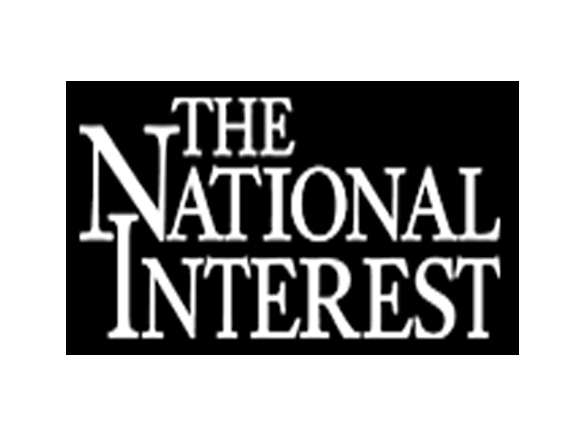

An Engine Replacement Could Kill Europe’s Huge F-35 Plans
If the decision to replace the engine for the F-35A is implemented, countries flying F-35s will find themselves forced into unforeseen and overly complicated supply chains.


Business as Usual for Next Franco-German Couple, Despite Sticking Points
While some argue that the next Franco-German power couple could be business as usual, there are some potential sticking points ahead.
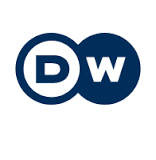

The end of the Merkel-Macron era — a mediocre legacy?
German Chancellor Merkel has met with French President Macron in what could be her final working visit to France. Some analysts say their cooperation should have produced more results.
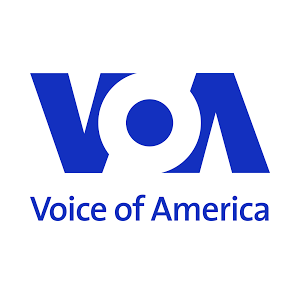

French Complain of Germany's 'Political Infidelity'
"Thirty years of infidelity" is how France's current affairs magazine Marianne describes Germany's relationship with France. An issue this month was devoted to how Germany has been "fleecing France" for years.
Merkel and Macron betray weakness with cautious Aachen treaty
When Angela Merkel and Emmanuel Macron sign a new Franco-German treaty in the historic city of Aachen on Tuesday, there will be much soaring rhetoric about the deepening ties between the two countries. To critics, though, the Treaty of Aachen is thin gruel. Anyone hoping for a new, tighter alliance between France and Germany, and for signs that the two countries might once again drive European integration, will be disappointed.
Support independent French research
Ifri, a foundation recognized as being of public utility, relies largely on private donors – companies and individuals – to guarantee its sustainability and intellectual independence. Through their funding, donors help maintain the Institute's position among the world's leading think tanks. By benefiting from an internationally recognized network and expertise, donors refine their understanding of geopolitical risk and its consequences on global politics and the economy. In 2025, Ifri supports more than 80 French and foreign companies and organizations.









